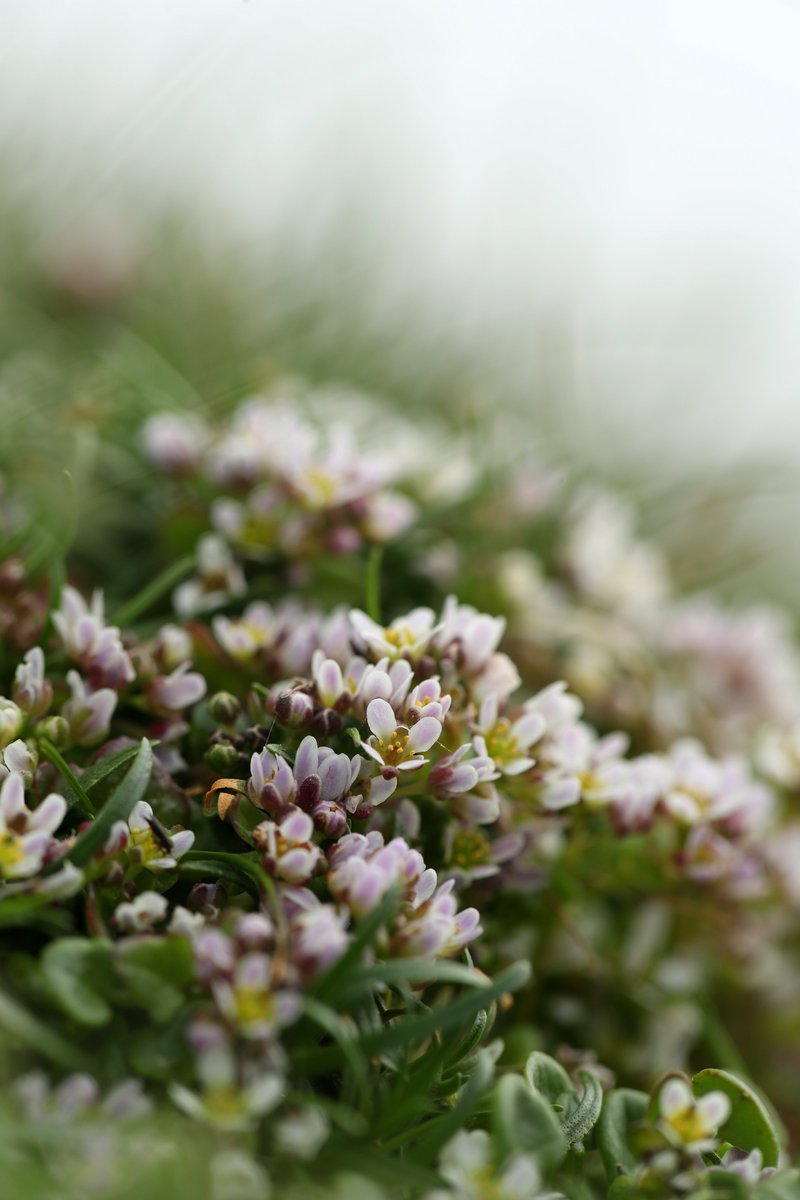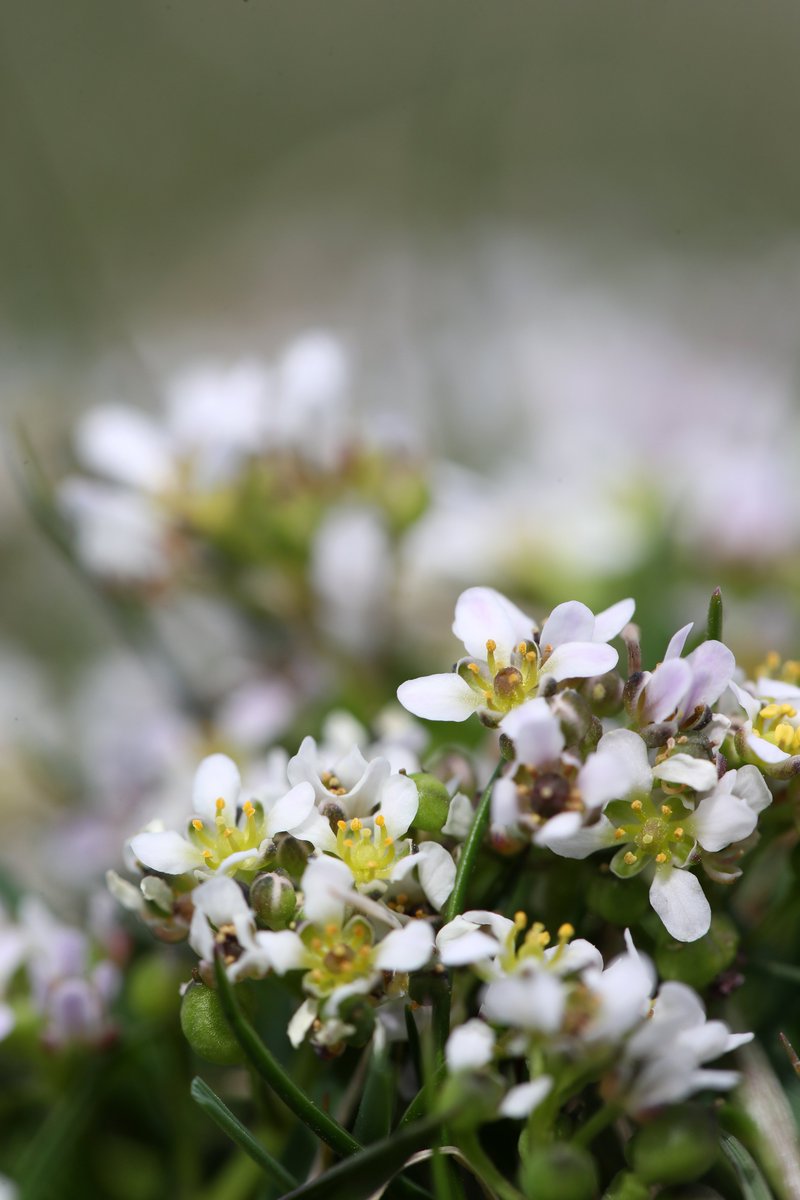Settling down to write a piece about press gangs and plants this morning. This is Common Scurvygrass - an abundant plant on the banks (low cliffs) around my #Shetland home. It used to be harvested and taken to sea as a dietary supplement to ward off scurvy, hence the name. (1/7)
It& #39;s absolutely jam-packed with vitamin C so, while the sailors may not have known that, they certainly knew it kept them from getting scurvy - the symptoms of which sound like no fun whatsoever. This plant was once renowned at sea; as were Shetland men by the British Navy (2/7)
Island men were prized by the Navy’s press gangs as excellent seamen. Press gangs were duly feared, for good reason – during the Napoleonic wars Shetland men were regularly pressed into naval service, taken from their families for years and, sometimes, tragically forever (3/7)
The crew of Nelson& #39;s flagship, HMS Victory, just before the Battle of Trafalgar, includes three Shetland men (and two Orcadians, and a Manxman). There& #39;s a good chance they joined the Royal Navy against their will. When the press gang arrived, men would hide if time allowed (4/7)
Around #Shetland are many & #39;hidey holes& #39; in the banks, small, well-concealed caves renowned locally as a place in which men could hope to escape the press gang& #39;s attentions. One such hidey hole is near my home - the scurvygrass grows on the banks above it. (5/7)
Folklore tales abound of the press gangs, and men evading them (or not). Those tales, and the hidey holes, are what remain of that episode in local history; and similarly, the use of scurvygrass at sea is now an historical footnote. It& #39;s said to taste like fiery horseradish (6/7)

 Read on Twitter
Read on Twitter



